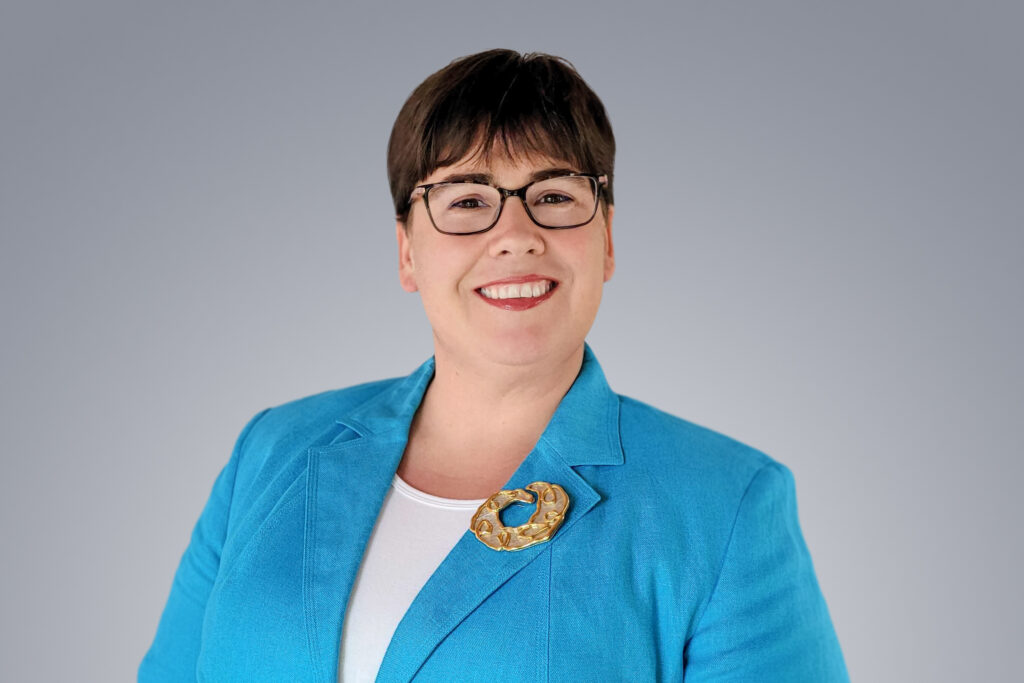VUCA, which stands for Volatility, Uncertainty, Complexity, and Ambiguity, is a commonly used acronym to describe the world we’re currently living in. Between rapid technological advancements, unstable supply chains, bank collapses, geopolitical chaos, and a litany of other issues, the VUCA acronym seems more relevant than ever.
Just because the term wasn’t coined until the early ‘90s doesn’t mean the concept was not relevant before then.
I agree – things weren’t as volatile on a macro-scale back then as they are today, but there still were instances where the VUCA label could apply, with the oil market of the ‘70s and ‘80s being the best example.
Up until the early ‘70s, oil was a pretty stable commodity (relatively speaking), and companies in the industry could formulate plans for exploration and drilling based on traditional forecasts. However, with unpredictable swings in the oil price beginning with the 1973 energy crisis, an oil company could see record profits or lose billions depending on which way the oil price goes.
Even before the crisis in ’73 and subsequent price shocks in 1979 and 1986, strategic planners and executives at Royal Dutch Shell were already frustrated with traditional planning methods, especially since the oil price plays such a huge role in determining the right level of exploration and drilling.
With unstable oil prices quickly becoming the new reality by the early ‘70s, Shell knew they needed to embrace a different approach if the company was going to survive.
Although the company management knew predicting where the oil price would be in 5-10 years was reckless, they didn’t know how to replace traditional forecasting methods. The person brought in to lead Shell’s strategic planning department, Pierre Wack, was also baffled.
Fortunately, Wack possessed one quality that enabled him to find a solution – he liked to learn and experiment.
What Wack looked at specifically was the work of U.S. military planner Herman Khan from the late ‘40s. The Cold War was raging, and it was Khan’s job to understand what the Soviets may do. To do this, Khan used what later became known as scenario planning, which often involved the unthinkable. (Side note: Khan was the inspiration of the classic dark comedy Dr. Strangelove.)
I’ve written about scenario planning a couple of times in the past – once on how a company can use it to achieve organizational goals and another time outlining general questions to ask for doing it effectively. One particular interview with Hans Læssøe explores a variation of scenario planning that can help a company build long-term resiliency.
However, in 1971 when Wack came on board at Shell, most in the business world were skeptical of the practice, even though they were well aware of how forecasts were increasingly inaccurate due to the VUCA-like fluctuations in the oil price. But as Wack explains in a piece he wrote for Harvard Business Review back in 1985:
My thesis – on which agreement may be less general – is this: the way to solve this problem is not to look for better forecasts by perfecting techniques or hiring more or better forecasters. Too many forces work against the possibility of getting the right forecast. The future is no longer stable; it has become a moving target.”
The better approach, I believe, is to accept uncertainty, try to understand it, and make it a part of our reasoning.” (emphasis added)
Getting there required a bit of trial and error on Wack’s part. He soon realized that combining obvious uncertainties and quantifying alternate outcomes (e.g., $20 per barrel vs. $40 per barrel oil) was insufficient for making decisions. This approach only delivered obvious, simplistic, and even conflicting insights to pressing business challenges.
However, this doesn’t mean it was necessarily useless and needed to be thrown out.
This initial review of uncertainties enabled the planning team to understand how they all blended together, allowing them to ultimately understand which ones were inevitable and which ones were not.
By first gaining a better understanding of the situation with an initial scenario analysis, Wack and his team were able to ask more challenging questions and eventually develop better scenarios. As he explains in his HBR article, scenario planning is more of an art than a science. What the company learned in the course of one step of the process would be the foundation that moved them to the next.
Developing this capacity has enabled the company to weather subsequent storms that brought competitors to their knees. For example, as the industry built up excess reserves in the early 1980s in the belief that the Iran-Iraq War would constrain supplies, Shell decided to offload its reserves. Traditional forecasting methods would have you believe the oil price was going to rise quickly in this situation, but by 1986, a supply glut led to a collapse in prices.
Many companies went bankrupt as a result, but not Shell.
Considering the volatility of oil markets has not only persisted but gotten worse over the subsequent years means that it’s safe to say that it provided a sneak peek into our current VUCA world.
Thankfully, when used properly, scenario planning can be a valuable tool in helping a company understand uncertainty and use it to their strategic advantage. Like so many things, it takes trial and error to arrive at a solution, but as the example from Shell shows, scenario planning can be a valuable tool in ensuring a company’s long-term success.
With the VUCA world getting more intense, tools like scenario planning are more important than ever. I highly recommend checking out Wack’s HBR piece linked above to learn more specifics about how the company successfully developed it. But always remember, every organization is different, so make sure to tailor your practices to your company’s culture and needs.
Is your company using scenario planning to better understand uncertainty around strategic goals?
To share your thoughts, please feel free to leave a comment below.
If your company is struggling to meet strategic goals and would like help in developing alternative tools like scenario planning, please don’t hesitate to reach out to discuss your specific situation and how your company can move forward.
Featured image courtesy of Pixabay via Pexels.com







